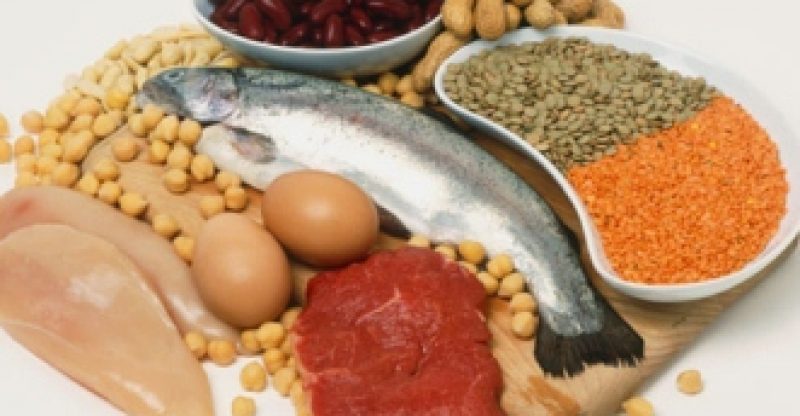Naturopathy for Proteins, Carbohydrates, Fats, Vitamins
Proteins
Protein is an integral part of our dietary system and is essential for the growth and development of the body. It builds muscles, hair, skin and is a component of enzymes, hormones, hemoglobin, myoglobin etc. Excess protein consumption has dangerous consequences. The toxic byproduct from protein conversion and metabolism enters the bloodstream in the form of uric acid, urea and other ammonia-like compounds.
These toxins are responsible for gout, arthritis, kidney damage, gastritis, hyperacidity, constipation, heart disease and other ailments. High protein intake imposes extra work on the body, particularly on the liver/kidneys.
Carbohydrates
Carbohydrates in their natural forms such as fresh and dried fruits vegetables, sprouts etc. should always be used in preference to concentrated protein food. One scientist Northwestern University, USA., has this to say about the relative importance of carbohydrates and proteins in a well-balanced diet: “Proteins, unlike carbohydrates or fats, contain the element nitrogen. When we strip this nitrogen from the amino acid components of proteins in order to convert them to carbohydrates for energy, we run the risk of building up ammonia in our bloodstream. Ammonia is high toxic. Carbohydrates constitute the only source of energy for the nervous system.
Fats
Fat is very commonly known to be and is obviously, harmful beyond a limit. Ghee, butter, saturated oils, concentrated and heavy food – all are super-rich in fat.
Vitamins, Minerals, Enzymes
On the other hand, natural food and a well – balanced diet supply us abundant natural carbohydrates – our body’s number one nutrient requirement. In addition, we receive a full array of vitamins, minerals, enzymes, proteins and many yet to be discovered elements from this fresh and wholesome food package of nature in its different products. The richest sources of all nutritious elements are in the living food, i.e. raw vegetables, fresh fruits, sprouts, unrefined cereals, some nuts and seeds – everything is adequately supplied by living food. Consume 50 to 100 gm of leafy vegetables comprising fenugreek leaves, spinach, radish leaves, mustard leaves, coriander, mint etc. daily as they constitute an important source of proteins, minerals, vitamins, besides the dietary fiber which maintain bowel movement. Vitamins and enzymes are generally destroyed by cooking. See Table III – VITAMINS IN YOUR FOOD.
Fiber is the indigestible part of vegetables, fruits and grains. This provides bulk to the food and thus plays a vital role in facilitating proper bowel function. Studies have shown that fiber-rich diet helps in diabetes, in that it stabilizes blood sugar levels,


Hi Prema,
You have a very informative website. I am from Mumbai and need your help. I have been suffering from ulceritive collitis since last 18 months. I have tried ayurveda , went through panchkarma treatments in kerela, but somehow it has not worked. I have lost 18 kgs and am worried. I have liquid motions with lot of gas at early morning and practically after every meal, around 6/8 times a day. I am on a bland diet of vegetables fruits and pules, rice and wheat. Curd and butter does not agree with me. I am on allopathic medicines: mesacol and econorm, which I know is not healthy, but I cant help it because if I discontinue them I suffer badly. I made the mistake of discontinuing it in March and April and suffered. Please help with your sound advice on diet and right treatment. My friends advise me to go for naturopathy. Very grateful for an early response, Thank you,
Annie Lalvani